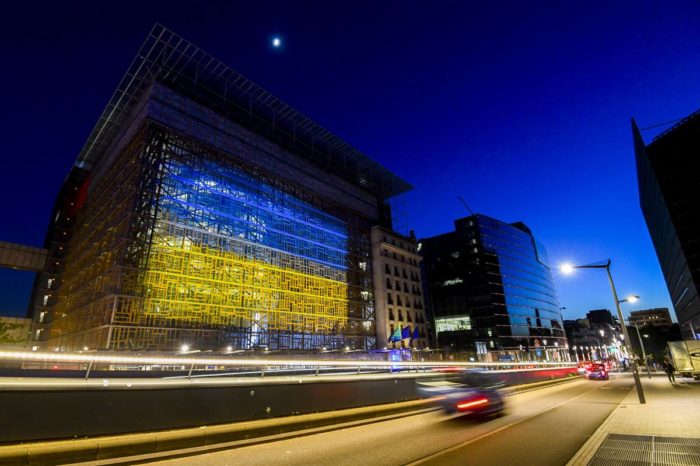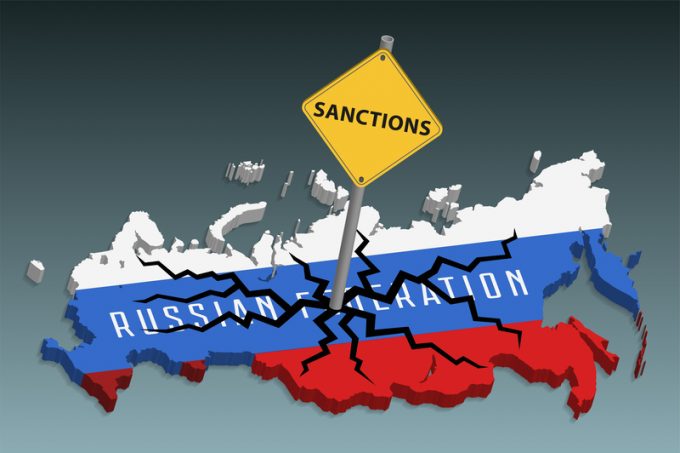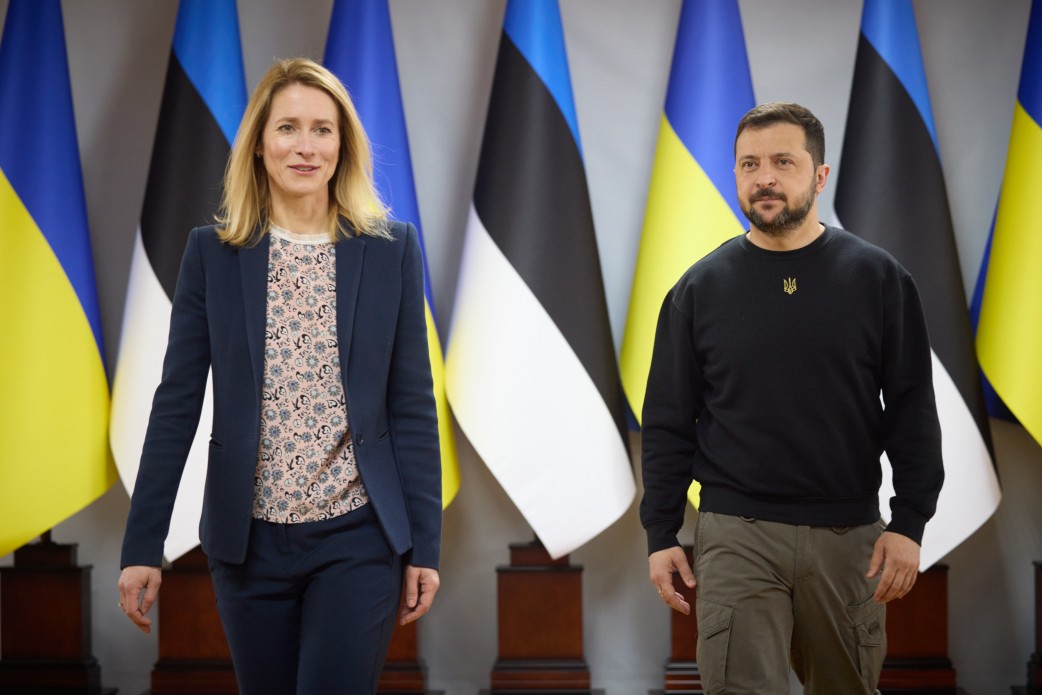On 17 November, Katarina Maternova, the newly appointed EU ambassador to Ukraine, said that she has seen great changes in Ukraine over the past nine years, especially since the beginning of the Russian full-scale invasion of Ukraine.
"People in the EU cannot imagine how during war people can move more towards liberalization," Maternova said.
The EU ambassador to Ukraine also mentioned that "working for a month in Ukraine feels like working for six months in another country," meaning in wartime Ukraine faces a lot of challenges and issues to resolve in the accession process to the European Union.
However, the EU ambassador to Ukraine said that the fight against corruption has become a top priority second only to security, a shift from previous attitudes. "Previously this was not the case. People want a new country, they are not just losing their loved ones," she emphasized and added that support from the European Union is “at an all-time high.”
In September 2023, Katarina Maternova, a Slovak lawyer, was appointed Ambassador of the European Union to Ukraine, heading the EU Delegation to Ukraine.
Earlier this week, Katarina Maternova met in Slovakia with representatives of the new Slovak government of Robert Fico, which refuses to provide military aid to Ukraine.
"I am leaving Slovakia in a good mood. Everyone assured me that Slovakia will continue to support Ukraine, both politically and financially. Slovakia will support the initiatives of the EU, in particular, the opening of EU accession talks with Ukraine," Maternova added.
Recently, during a meeting in Brussels on 14 November, Slovak Defence Minister Robert Kalinak informed NATO Secretary-General Jens Stoltenberg that Slovakia would terminate its military aid to Ukraine, the Slovak publication TASR reported.
Minister Kalinak said that while military support from stockpiles will end, Slovakia remains committed to providing Ukraine with a “sufficiently wide” spectrum of humanitarian, civilian, and technical non-lethal assistance.
Slovakia’s decision to halt the military aid for Ukraine came after newly-elected Pro-Russian Slovak Prime Minister Robert Fico took office last month. However, PM Fico assured that the termination of the military aid concerns only the supplies of weapons and ammunition from Slovak army storage, and there would be no interference with private defence exports for Kyiv.
Read also:
- Slovakia’s PM opposing Ukraine aid pledges no hindrance to private defense exports
- BBC: EU proposes to include Russian diamonds in new sanctions package
- EU lays out 22 military capabilities to bolster European armed forces
- EU provides additional €110 million in humanitarian aid for war-affected Ukrainians





